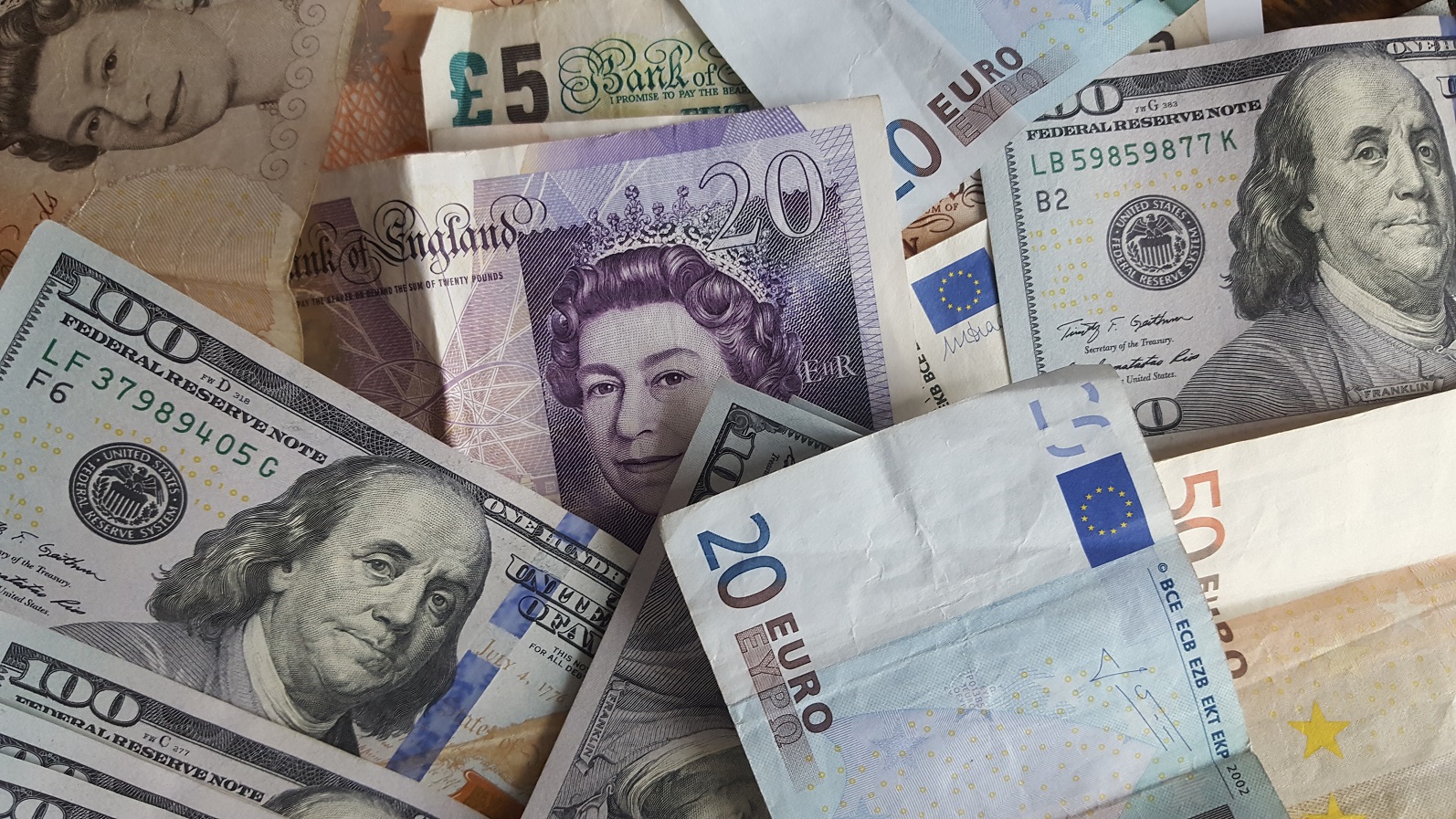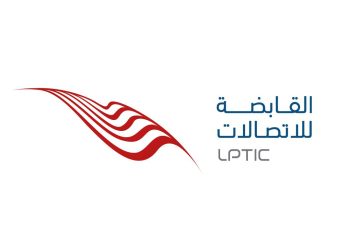To preserve the value of the Libyan dinar from collapsing, nine reform steps must be taken, the Chairman of the private sector ATIB (Assaray Trade and Investment Bank) and Tadawul Financial Services Company, Naaman Elbouri said yesterday.
Elbouri, who today confirmed the proposed reform steps to Libya Herald, is participating in the ongoing nationwide debate on how to reform Libya’s stagnant economy. The recurring debate receives a new boost virtually every month as the Central Bank of Libya (CBL) issues its monthly state spending and earning statement. The debate includes reforming and reducing the size of the centralised rentier, welfare state inherited from the Qaddafi era in 2011. But it also includes the aim to increase the value of the Libyan dinar against the world’s currencies.
The topic of the poor value of the Libyan dinar is not a monopoly of financiers or bankers. It was also mentioned in February this year by the Grand Mufti of Libya, Sadeg Al-Ghiriani. He said, “Every official in Libya should be ashamed of the collapse of the Libyan dinar against foreign currencies and the dollar exchange rate reaching about 7 Libyan dinars’’.
The Grand Mufti went to say ‘‘Libyans export one and a half million barrels per day of oil and their (annual state) budget is 170 billion dinars, and yet when the Libyan walks, he walks humiliated, despicable, humiliated, and exchanges the Libyan dinar for half a Tunisian dinar or less’’.
He added ‘‘And after this humiliation, no Libyan official was ashamed (enough) and resigned.”
The nine reform steps proposed by Elbouri are:
- Financing only one approved budget whose value does not exceed state revenues
Currently Libya is still split politically with two governments, one in Tripoli and one in Benghazi. Although the international community only recognises the Tripoli based Libyan government and the eastern based parliament (the House of Representatives – HoR). The HoR has ceased to recognise the Tripoli government and has selected its own eastern based government.
This government has appointed its own ministers and created its own budget. The grand total of spending by the two governments has surpassed Libya’s annual revenues and has created a deficit. It has also created inflation, rising prices and high demand for the finite supply of hard currency – keeping the foreign exchange rate of the dinar low.
- Stopping any deficit financing
The deficits created by the high spending by both Libyan governments has regularly forced the CBL to dip into its reserves hastening the exhaustion of Libya’s reserves and supressing the FX value of the Libyan dinar.
For example, according to the CBL’s latest state revenues and spending statistics for January and February 2025, oil revenues supplied to the CBL amounted to US$ 3.6 billion while foreign exchange expenditures amounted to US$ 6.1 billion. This left a hard currency deficit of US$ 2.5 billion for the two-month period.
- Stopping oil barter
Because government spending beyond a certain value must go through the slow process of passing through the Audit Bureau and then through the CBL, and because of the shortage of hard currency, the National Oil Corporation has taken it upon itself to use the barter system to purchase Libya’s needs for imported fuels. The use of the barter was first sparked by a period of fuel shortages. To avoid a crisis and public disorder, the NOC rather than wait for hard currency to be approved by the authorities, purchased fuel on a barter basis. The practice continued beyond the initial fuel shortage crisis. However, this barter system is warping the true value of Libya’s budget and encouraging untransparent/corrupt contract practices and money laundering. Again, this adds to spending, inflation and the over-purchase of the finite hard currency.
- Reducing the money supply
Since the 2011 revolution that ended the Qaddafi regime, Libya’s political, economic and security instability resulted in the collapse of the FX value of the Libyan dinar. At one stage one dollar equalled to ten Libyan dinars. Today, it is about LD 6.7 to the dollar. There is a general aim to get it to about LD 5 to 5.5 to the dollar. The referenced insecurities meant that most Libyans prefer not to save their money in their bank accounts but rather to keep it at home. This led to a cash shortage in the banking system forcing the CBL to print new money which it keeps injecting into the market. The constant inflation and increased prices have meant a constant shortage of cash at banks.
The cancellation of interest-bearing bank accounts and the non-existence of other bank products to attract deposits, has exacerbated the cash shortage crisis.
- Reducing government spending
The government has failed to reduce its spending. Its successive budgets have ballooned out of control and beyond state revenues resulting in recurring deficits. The government has a view that spending will lead to political and security stability. However, this has led to a tug-of-war between it and the CBL. The CBL is concerned about a balanced budget and protecting its hard currency reserves. It feels that any government of the day should spend within the annual earnings. - In its tug-of-war with the government, the CBL has also implied that the government is not earning enough from non-hydrocarbon sources such as taxes, import tariffs, telecoms revenue and other earnings avenues. It is considered that the government does not like to pressure the public into paying more for fear of a negative political reaction. The government, therefore, taking advantage of Libya’s rentier status, finds it easier to allow a deficit to occur and pressurise the CBL into dipping into its reserves to cover the budget deficit. Successive Libyan governments post the 2011 revolution are not good at helping create private sector jobs and long-term value-added development/growth ventures whose revenues create a multiplier effect of creating more jobs and revenues. It finds it easier to just spend and overspend oil revenues.
- Starting the immediate reform of fuel subsidies
Although Libya has oil refineries, it is a net importer of fuels and industrial oils. These imports are paid for by hard currency. Moreover, they are ridiculously subsidised. A litre of petrol is retailed in Libya at LD 0.15 per litre – or US$ 0.02/litre. These subsidised fuels are subsequently smuggled in huge volumes to Libya’s neighbouring states where petrol retails at approximately ten times the value.
Several governments from the Qaddafi era have talked bout reforming fuel subsidies – but have not had the political courage to implement such an unpopular reform.
Huge quantities of subsidised fuel are also consumed by the General Electricity Company of Libya (GECOL) which in turn sells electricity to consumers at a very subsidised rate. Until the recent introduction of prepaid electricity metres, many consumers did not pay their electricity bills. This meant the government has had to subsidise GECOL’s revenue shortfall.
- Reforming the state budget
Libya’s state budget today basically still reflects the rentier, centralised, welfare state of the Qaddafi era. Since 2011 it has constantly increased in size with no evident value for money to Libyan citizens in their quality of life, including in education, training and health, for example. As mentioned above, half of the state budget is used to pay state-sector employees, state subsidies and the daily running costs of government. A very small percentage (On average no more than 7 percent in recent years) is spent on development projects and value-added income generating ventures.
To put this into context, according to the January and February figures provided by the CBL, oil revenues from oil and gas sales and royalties were 17.7 billion dinars. These represented more than 98% of state revenues. Other sovereign revenues from taxes, customs, telecommunications and others did not exceed 325 million dinars. Total government spending amounted to about 8.4 billion dinars. This left a dinar surplus of about 9.6 billion dinars.
Of the government’s total spending, 5.9 billion dinars were allocated for state-sector salaries, 2.5 billion dinars were allocated for subsidies and 35 million dinars for administrative expenses.
- Limiting the state’s role in investing in infrastructure
As mentioned previously, the Libyan state inherited from the 42-year Qaddafi regime is very skewed. It is overcentralised, dominating the economy, especially the major infrastructure projects. These include, just as an example, Tripoli International Airport, Mitiga Airport, and the Third Ring Road projects. There are hundreds if not thousands of ongoing and stalled infrastructure projects being financed or awaiting finance by the state. These would take decades – if at all – to receive state budget finance. - Involving the private sector and financial institutions in financing investment projects and stopping their financing through the state budget
Again, as mentioned previously, the state dominates the economy, choaking the private sector. Its refusal or inability to reform the economy, and especially the banking sector, means that private sector finance and the whole banking sector, is not actively engaged in economic growth and enterprise. This leaves Libya’s banks sitting on billions of underinvested capital because of the lack of guarantees and systems that encourage banks to invest in Libya’s economy.
This means that there are huge demands on the state budget – demands that it cannot and has failed to meet. Also, by not creating the correct environment for local banks and the private sector to participate in driving the economy, the government has suppressed the banking sector and the private sector.
It is the private sector that creates value-added productive jobs for Libya’s youthful population. The state can no longer politically continue to create false jobs to employ new university leavers and youth to avoid mass unemployment and the possible civil unrest that that might create. Paying unproductive state-sector employees is an unproductive use of budget revenues. These revenues can rather be invested elsewhere in value-added ventures. Efficiency and productivity is best achieved through the private sector.
The government needs to allow the local banking and private sector to create growth and jobs, especially in the non-hydrocarbons sectors, thereby diversifying the economy, creating productive jobs and reducing the overdependence on hydrocarbons and protecting the Libyan economy from international crude oil fluctuations. It also must prepare Libya for the post-oil era.
.
CBL’s latest revenues and spending data reveals a dinar surplus but a dollar deficit










